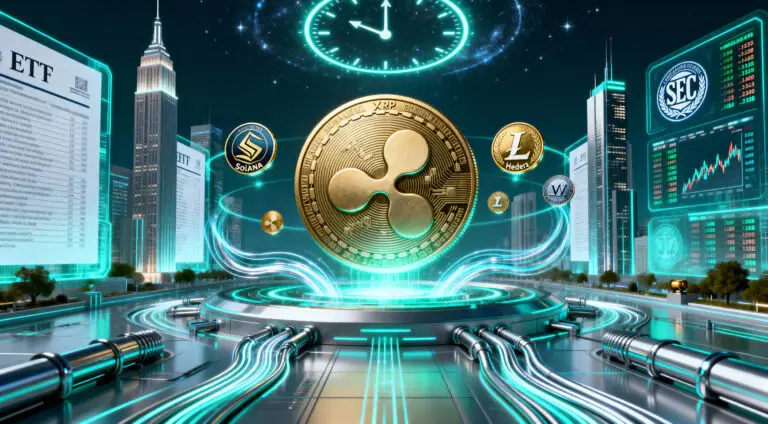From economists, Donald Trump’s aggressive tariff policies have received scathing international criticism, warning of an oncoming world recession and the potential collapse of the existing economic framework. The trade war, which many have termed a “spectacle of failed policies” or “seismic shock,” has raised concerns both politically and financially on an international scale.
China and its Sweeping Policies
Trump, as usual, has been targeted regarding the implementation of tariffs by the Chinese economist Li Daokiu. In a recent lecture, he discussed how the tariffs set in place by the United States contradict the basic foundation of economic growth, as they aim to “squeeze other countries to pay for their economic troubles.” In his statement regarding the high economic risk policies set in Trump’s term, Li stated, “It is hard to imagine that there is any other economic policy that can make people around the world, including people in the United States itself, suffer losses at the same time.” Further predicting “significant damage” to the economy, Li claimed the US is able to absorb the hits from Trump’s tariffs, however claiming that China is also planning to use the global change to their benefit. Ultimately, Li explained, the United States being global Trump’s Ausland poles ends US white supremacy. It does allow new ones to be written and opens the door for China to have new trade routes and a way to reform the WTO.
“Very Wrong”: Disputed Tariff Calculations by US Economist
Further adding to the echo of discontent, former US Treasury official Brent Neiman came out in public disagreement with the Trump administration’s use of his academic work, which they used to impose the tariffs. “It got it wrong. Very wrong,” Neiman expressed in a New York Times Op-Ed. He suggested that the tariffs ought to be ‘dramatically smaller—perhaps one-fourth as large.’ Neiman effectively called on the administration to scrap the policy altogether or lower the tariffs to nominal amounts.
“Failure of Reaganism”: A European Perspective
French economist Thomas Piketty, best known for ‘Capital in the Twenty-First Century,’ argued that Trump’s policies are a response to what he perceives as failures of Reagan’s liberalism. He claimed that Republicans have started ‘using the rest of the world as a whipping boy’ because they realize the impact of overseas globalization on the middle class. Piketty warned that Trump’s policies would only increase inflation and inequality, calling on Europe to brace for a global recession by spending on vital resources like energy, transport, education, and healthcare.
“Seismic Shock” to Developing Countries
A former Lebanese Economy Minister, Nasser Saidi, raised alarm regarding the consequences of Trump’s policies on tariffs for emerging and developing economies. He noted the possibility of decreased foreign investments and a change in trade relations in the Middle East. Saidi seems to think that the “era of globalization and liberalization” has come to an end, forcing countries to strengthen their ties with partners in Asia.
“Big Boys Will Suffer”: Africa’s Resilience
Economist and former Togolese Minister Kako Nubukpo expressed concern regarding the already politically unstable African countries. He believes Trump’s protectionist policies outline a weakness in the US’s competition with China. To counteract the tariffs, Nubukpo suggested African countries improve their regional value chains. In Nigeria, Bismarck Rewane, the CEO of Financial Derivatives Co., argued that smaller economies would remain untouched while “big powers” would suffer the worst effects of a global recession.
A Global Economic Crossroads
The consequences of Trump’s tariffs, with their geographically disparate effects, have triggered a consensus alarm among economists. Global warns of recession, the end of globalization, and economic inequality. Arguably paints a disheartening picture of regional conflicts and mishandling policies fueled by a lack of pragmatic borders of trust diplomacy. This serves as an example of what could possibly follow in regard to damage mitigation combined with no approach regarding resolving interruption towards the global economic environment in a matter of months.















